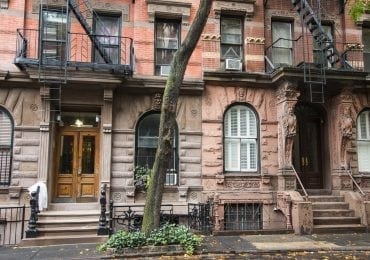Tips for Finding the Perfect Investment Property
Finding the perfect investment property is not always an easy task, but taking the time to ensure you have found the right property is a worthwhile endeavor. If you are ready to find the perfect property to add to your investment portfolio, here are a few tips to keep in mind.
Tip #1: Tap Into Your Network
Even if your professional network is still small, talking to people and getting to learn more about your market is an essential first step toward finding the right investment property. To help expand your network, look for meetups and search for real estate associations in your area. Not only can this network help to provide you with new insights, but you may even find some great leads on properties.
Tip #2: Consider the End Game
When purchasing an investment property, keep in mind that you are not necessarily looking for the property that is perfect for you. Rather, you want to purchase a property that will be pleasing to your target renter demographic. Once you have a good idea of the type of person you want to rent to, you can better determine the type of property you wish to purchase and the neighborhood where you want the property to be located. By keeping the ideal renter in mind as you search through your options, you will be better capable of selecting the perfect investment property.
Tip #3: Get Your Finances in Order
While there are certain situations where carrying debt as a part of your investment portfolio may be acceptable, it is generally best to pay down your debt before you start investing. This means paying off unpaid medical bills, paying down student loans and ensuring you have the necessary funds set aside for children who are heading off to college. You will also need to work on saving up a down payment, as investment properties typically require a larger down payment than owner-occupied properties. Generally speaking, you will need to have at least 20 percent available for a down payment on an investment property.
Tip #4: Avoid Fixer-Uppers
While it may seem like a good idea to purchase a cheap house in need of repairs so you can fix it up and increase its value, you are not likely to recoup all of your expenses. Unless you know a quality contractor who will work for cheap or you are prepared to do the work yourself, it is better to purchase a property that is available for below market value that is in need of only minor repairs.
Tip #5: Create a Budget
When selecting a home, keep in mind that more expensive homes also come with higher ongoing expenses. Therefore, most experts recommend starting with a home that costs about $150,000 as your first investment property. Operating expenses can be anywhere from 35 to 80 percent of your gross operating income. Generally speaking, you should expect half of your monthly rent to go toward these expenses. Keep this in mind when determining the amount that you require for rent. If you manage to achieve a 6 percent return in your first year as a landlord, you can feel confident that you are on the right track.

